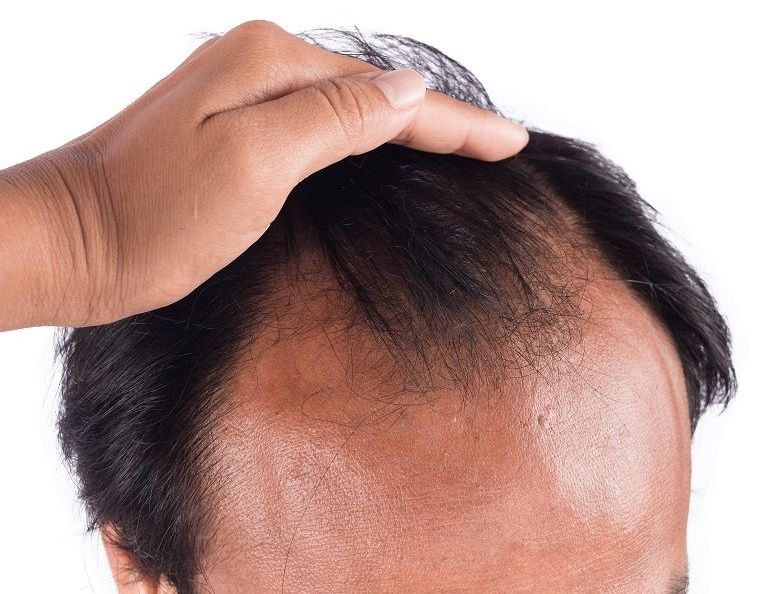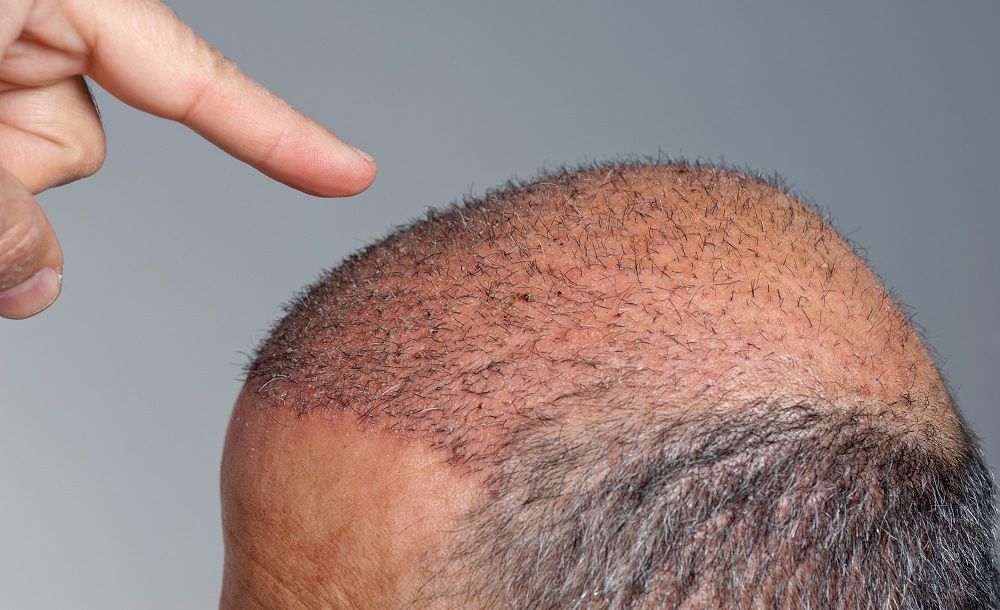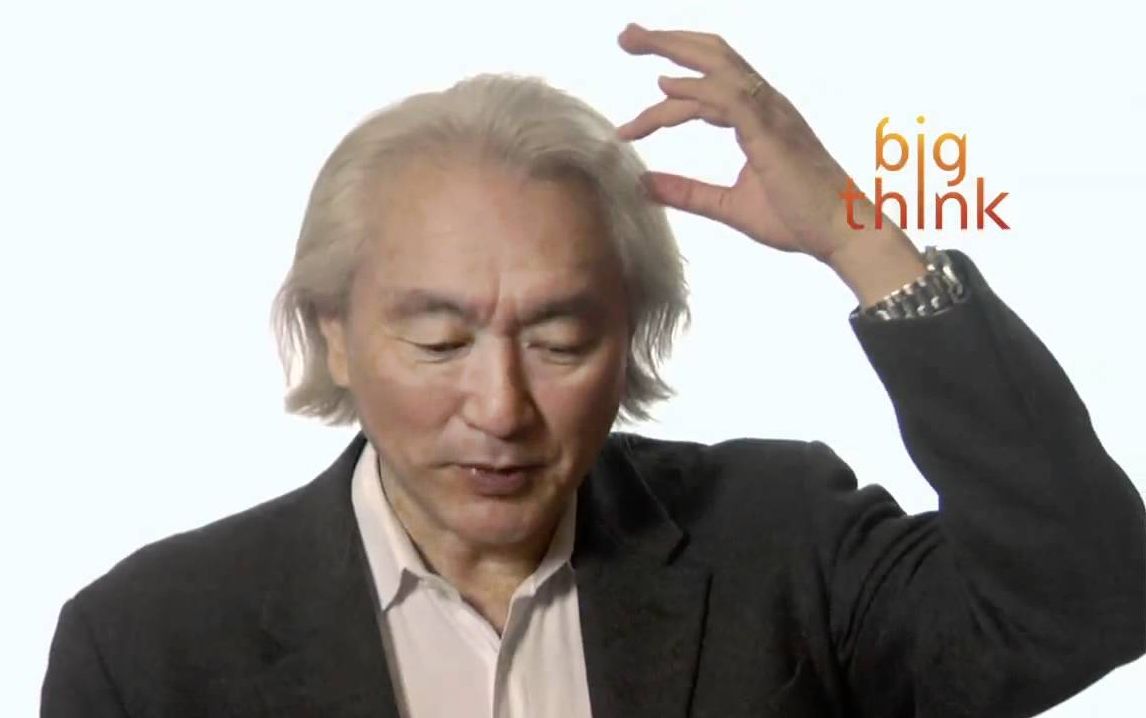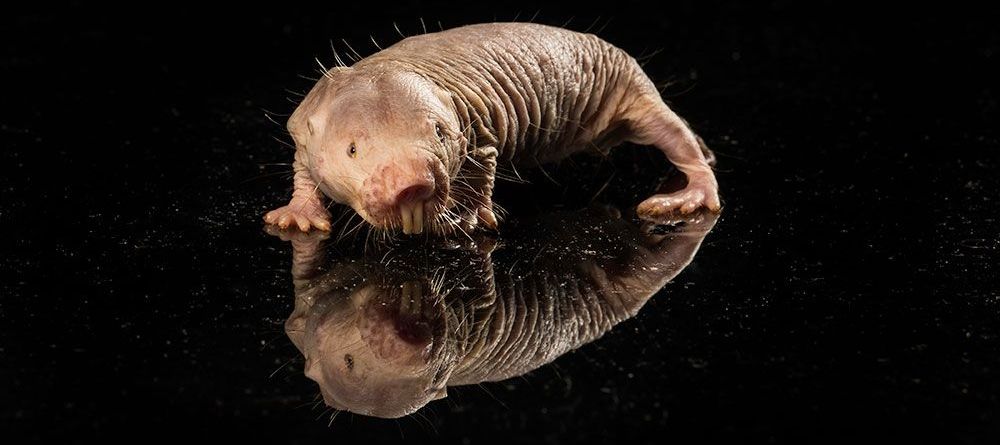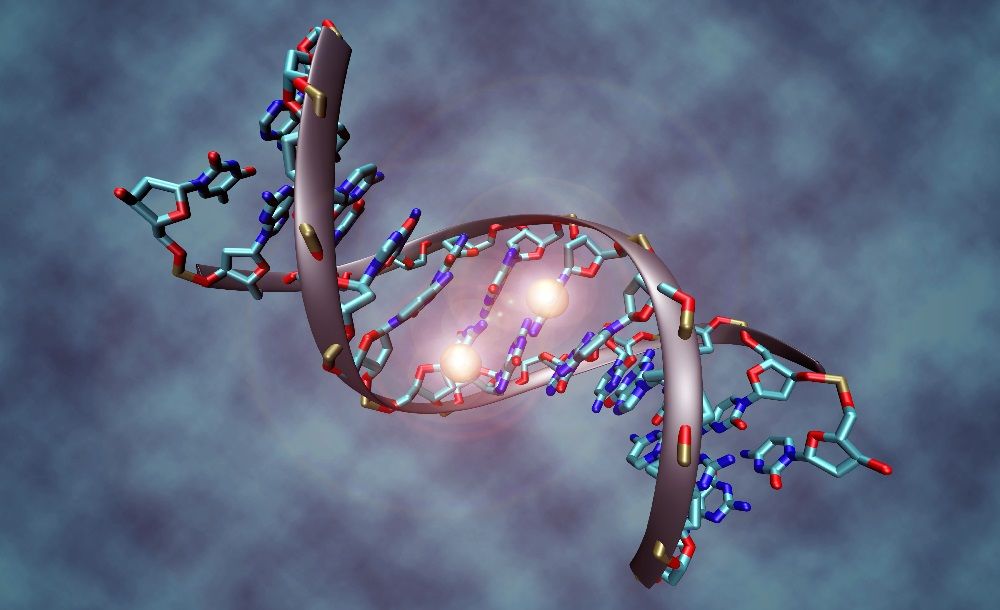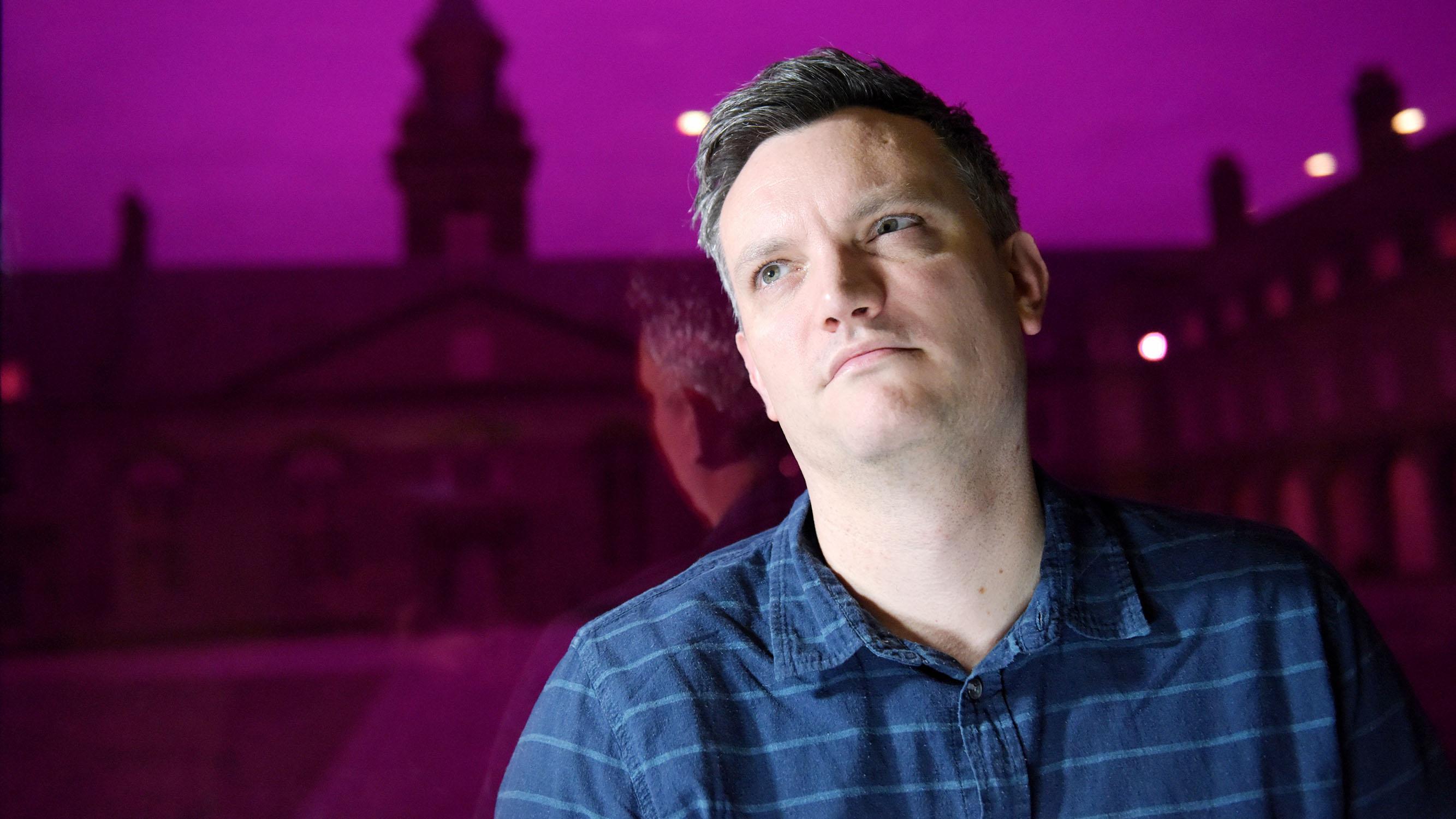Feb 12, 2018
Researchers report promising anti-aging rapamycin clinical trial results
Posted by Brady Hartman in categories: biotech/medical, life extension
Researchers just reported promising rapamycin clinical trial results in the first of its kind test of the drug’s safety and anti-aging effects on healthy Senior adults. [This article first appeared on LongevityFacts. Author: Brady Hartman. ]
A rapamycin clinical trial using healthy adults recently completed and reported the drug to be safe over the short-term when used for anti-aging purposes.
This clinical trial of rapamycin was one of the first testing the compound’s safety as an anti-aging drug in healthy Seniors. The clinical trial consisted of 25 healthy older adults 70–95 years between the ages of 70 to 95. The study participants took either a placebo or 1mg rapamycin daily for eight weeks. The main finding of the study was that the drug was safe, without significant side effects. The researchers published their results on February 3 in the journal Experimental Gerontology and concluded.
Continue reading “Researchers report promising anti-aging rapamycin clinical trial results” »

